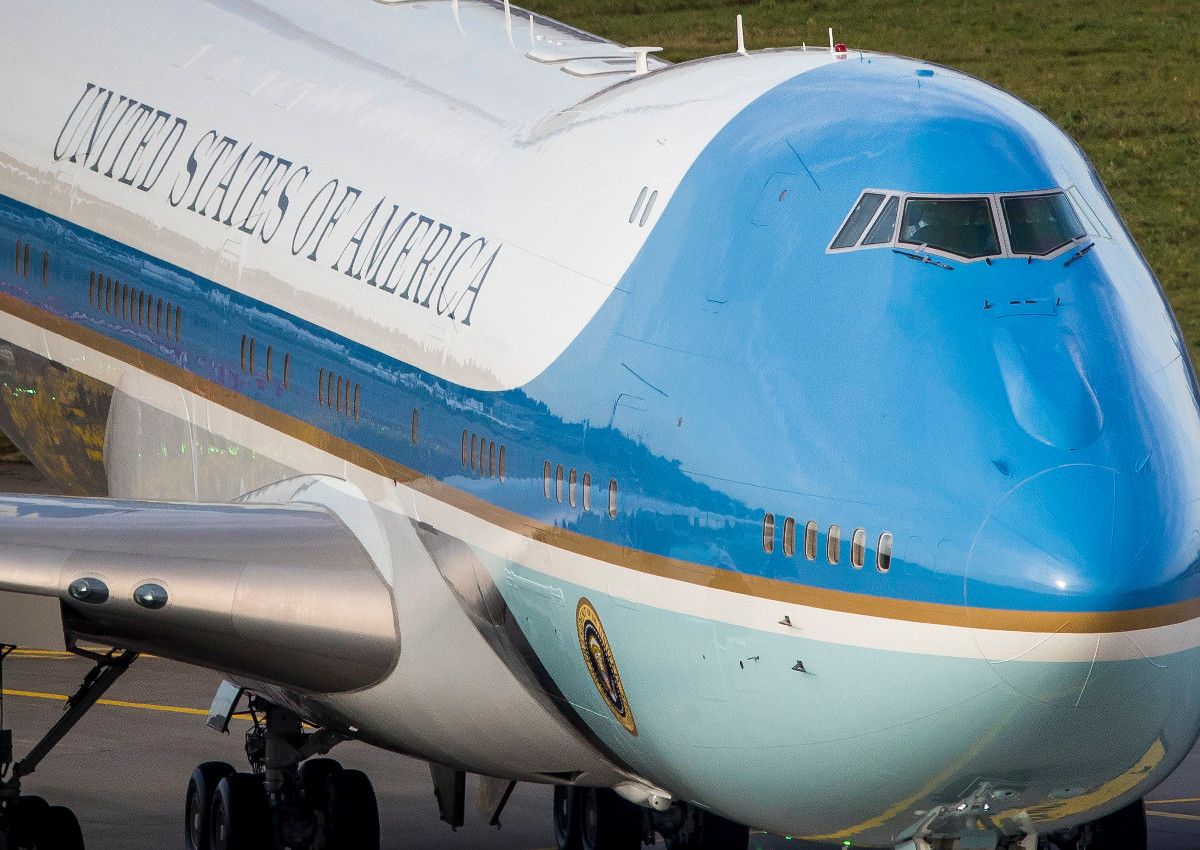A pair of new refrigerators on Air Force One will cost U.S. taxpayers more than $23 million.

Last December, Boeing was awarded the $23,657,671 contract to upgrade two of the five “chillers” on the plane which carries U.S. President Donald Trump on his travels.
Eric Shultz, who served as an advisor to former U.S. president Barack Obama, says his administration would have been in big trouble if this had happened while they were running the show.
READ MORE: Donald Trump wants to cancel Boeing’s Air Force One contract, says it’s too expensive
“We would have been impeached,” Shultz wrote on Twitter.
Richard Aboulafia, vice president of analysis at the Teal Group consulting firm, defended the cost of the fridges.
WATCH: Trump announces massive Boeing deal with Singapore

“It’s not a contractor issue, it is a requirements issue,” Aboulafia told Defense One. “It’s not getting people rich.”

Get daily National news
While the price tag might seem outlandish at first and second glance, the “chillers” need to be custom built for the presidential plane. They will also undergo strict testing by Boeing and the FAA.
READ MORE: Why did Donald Trump take a shot at Boeing?
They are also massive as they are expected to contain enough meals to feed Trump, passengers and the crew for weeks on end if need be.
The refrigerators have been in service for almost three decades as they came with the jet when it entered into service in 1990.
“The current rear lower lobe cold chiller units being replaced are the original commercial equipment delivered with the aircraft in 1990. The units were based on the technology at the time and designed for short-term food storage,” Air Force spokesperson Ann Stefanek told CNN.
“Although serviced on a regular basis, reliability has decreased with failures increasing, especially in hot/humid environments. The units are unable to effectively support mission requirements for food storage. “
Just before he took office, Trump criticized both Air Force One and Boeing for “out of control” costs associated with presidential planes.








Comments
Want to discuss? Please read our Commenting Policy first.